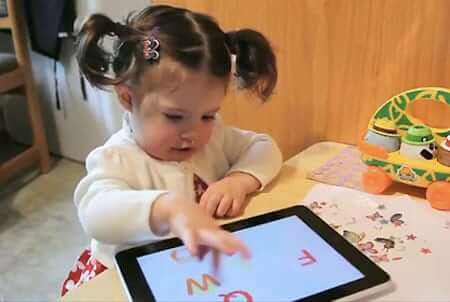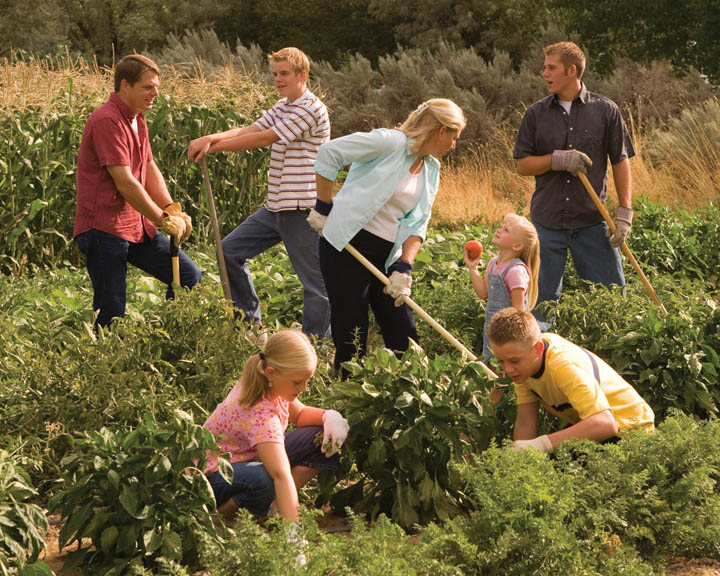
My two oldest daughters are 15 and 13. We are not friends. It's not that we don't have a good relationship. We talk, we have a good time together and we don't fight all that much. We're not friends because I don't want to be their friends.
If I were my daughter's friend, I couldn't be her parent --
and being her parent is much more important.
I don't need to entertain her. Friends are there for a good time, but it's not my job to make sure my kids are never bored. It's my job to make sure they do their homework and pull their weight around the house. It's also important for kids to know that you have other things going on that need your attention. It's not always just about them and what will entertain them.
I don't gossip. I speak don't speak poorly of my children's friends and classmates and I don't let them do it either. I don't speak poorly of other adults or teachers in front of my kids and I make sure they show respect for those around them.
I don't encourage her to do age-inappropriate things. You may not be the cool parent, but don't let your kids talk you into letting them act like adults in their habits, entertainment or relationships. They are not ready for them. When teens do adult things, like drink alcohol or have sexual relationships, it actually stunts their emotional growth.
I don't sit by her at football games. While family time is important, it is also important for your kids to socialize on their own with people their own age. In her adult life, my daughter is going to need to learn to deal with more than me. She'll have co-workers, neighbors and hopefully, someday, a family of her own. She needs to learn how to not only talk to and work out relationships with others, but make decisions on her own free from my hovering. (Plus, her friends are way more fun at football games.)
I'm honest with her. If my daughter's room, hair or personal life is a mess, I'm going to tell her. If she's doing something that could offend someone else, I'll tell her that, too. Kids are never going to learn to do the good stuff if no one points out the difference.
I say, "No." You don't get everything you want in life and everything you want is not good for you. Too many kids feel entitled to have everything on their Christmas list and every whim catered to. Telling your kids, "No," can not only keep them out of trouble, it can help them learn to deal with disappointment. It can teach them they don't get everything they want and that's OK.
I have expectations. Your friends don't expect much of you except to be fun and be able to text and use social media with prowess. I want so much more from my kids. I want them to do good things. I want them to be responsible. I want them to contribute to the community around them. I want them to grow up and make the world a little better for being in it. That means I expect things from them. I expect them to work hard. I expect them to think of and do things that don't only benefit them.
I never never withhold my attention or affection and don't try to win hers. Friendships can be fickle. I'm in this relationship for the long haul. When she hurts me I'll let her know I love her anyway. But, I won't bend over backwards to get her to like me. Friends come and go, but I'll never give up on her and I'll always be there.
So while I can't think of anyone who wouldn't be lucky to have my daughter as a friend, I'll stick with being the parent. It will be better for me, and her in the long run.






